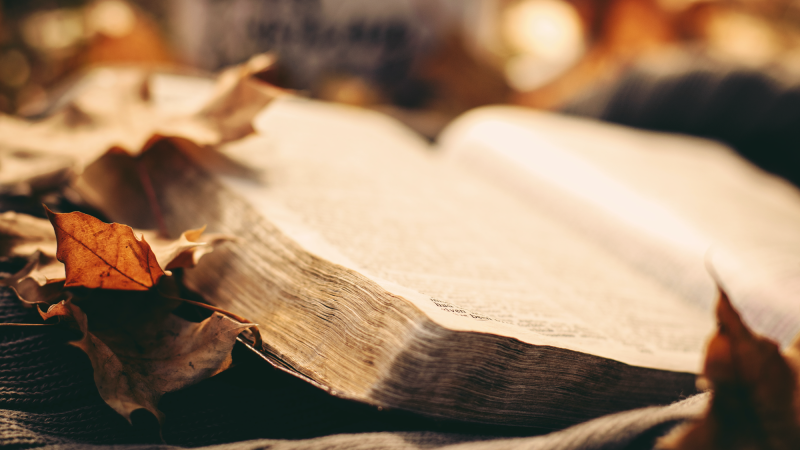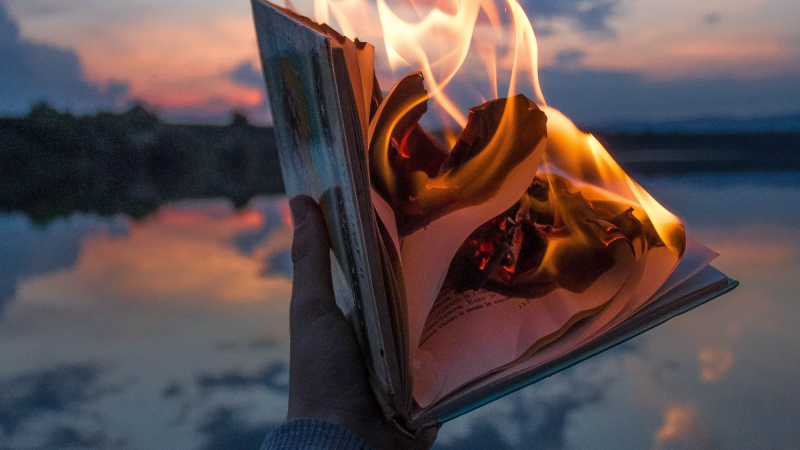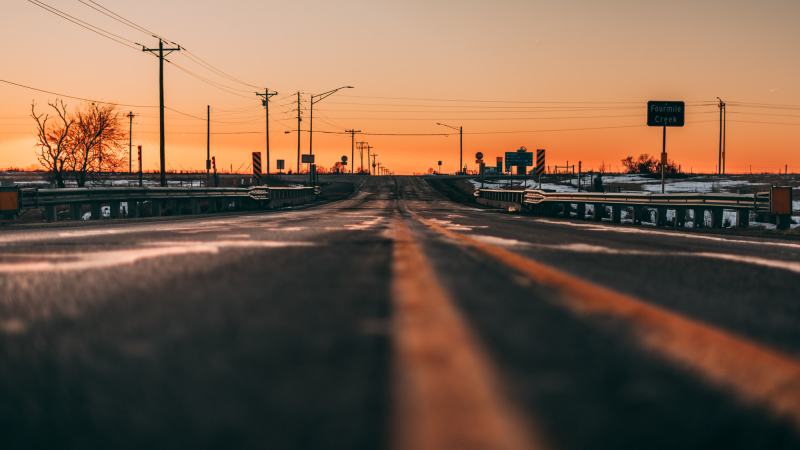Turning thirty used to be embarrassing, an occasion for angst and misery. Today young adults are embracing thirty as cause for celebration. They’re renting yachts, giving speeches and spending thousands of dollars to celebrate the big three-oh. In this hour of To the Best of...Read more
Episode Archives
There are many ways to live dangerously. Sure, you can take part in a death defying feat like skydiving, but living dangerously also sometimes involves taking intellectual risks, opening up, and being honest with yourself. To the Best of Our Knowledge recently travelled to Salt Lake City to...Read more
Last week we lost one of the great scholars of religion. Huston Smith died at the age of 97. Smith's book “The World’s Religions” sold more than three million copies and is perhaps the most important book ever written on comparative religion. He also had a colorful personal history. In the early...Read more
Ten years ago, South African singer and activist Vusi Mahalesela had the thrill of his life. He sang at Nelson Mandela’s inauguration. In this hour of To the Best of Our Knowledge, the music and politics of South Africa - ten years after the end of apartheid.Read more
Ever wonder what it’s like behind on the scenes on TTBOOK? Being in studio while the energy and imagination of Sherman Alexie bounces off the wall? Or watching E.O. Wilson, one of the world’s preeminent biologists unfold the beauty of his mind and the ideas that keep him in love with the world...Read more
Kids (and adults) around the world are counting the days to the July release of the next Harry Potter film. What to read while you're waiting? Tales of magic and wizardry go back thousands of years. This time on To the Best of Our Knowledge, we'll introduce you to some you may not be familiar...Read more
"Let me say this as plainly as I can" President Obama said recently, "By August 31, 2010, our combat mission in Iraq will end." Obama's plan will bring home some 150,000 troops. But what are they coming home to? Their divorce rate is triple the national average. Alcoholism, four times the...Read more
Rehearsing Shakespeare’s tragedy, MacBeth, one young actor found himself in the mood for mirth. Like a specter rising from the mists, something began to take shape: a new MacBeth for the ages - with fewer daggers and more donuts. In this hour of the Peabody-Awarding winning program To the Best...Read more
Steve Kissing seemed like a perfect child. He was an "A" student. He excelled as an athlete. He was even an altar boy. But Steve had a secret, a secret so dark he couldn't tell anyone. Steve was possessed by the devil. In this hour of To the Best of Our Knowledge, meeting the devil. From a boy...Read more
When Donald Trump described his offensive remarks about women as "locker room talk," he implied that it's normal for men to engage in macho sexual braggadocio in gender-segregated spaces like men's locker rooms. Sociologist Amy Schalet and law professor Terry Kogan trace hidden...Read more
Attention all readers of fiction! This is something you really want to hear. To the Best of Our Knowledge devotes itself to some of the great reads of the last year. Colum McCann talks about his National Book Award-winning novel, and we'll hear from fellow finalist Jayne Anne Phillips. We'll...Read more
Has the news of government surveillance gotten you thinking that Big Brother is watching? What can we do to protect our information, online and in the real world? We examine privacy - what it means and how it's changing.Read more
Politics has such a bad reputation it’s a wonder anyone would run for office. In this hour of To the Best of Our Knowledge, we’ll hear from a few people who are out to transform the way we do politics. Also activist Si Kahn talks about the art of the political song. And we’ll look back at one...Read more
Apocalyptic thinking is everywhere, from predictions about Christian “end times” to the 2012 Mayan prophecy about the end of the world. So what’s going on? In this hour of To the Best of Our Knowledge we’ll talk with renowned religious historian Elaine Pagels about the lasting impact of the...Read more
Who doesn’t love a good book? We all know a great novel can change the way we see the world, but what about the way we treat each other? This week, we explore the benefits of reading fiction, and find out if it makes us more moral.
And if you're wondering if movies can make us more...Read more
There are people in the world who love books – and there are people who would kill for books. In this hour of To the Best of Our Knowledge, the pleasures and perils of book collecting. We’ll go on the road with veteran book buyers Lawrence and Nancy Goldstone. And, we’ll meet...Read more
What's the hot new thing in fiction? Fire! Today, novelists Jesse Ball and Joe Hill talk about their incendiary new fiction. And we meet a pyromaniac-turned-firefighter who can really light up a page. Join us for an hour of flammable fiction.Read more
How do you win friends and influence people if you're an immigrant from Leningrad who's bullied at school? You write your way to friendship. That's what Gary Shteyngart did. We meet him in this hour as we explore creative writing. Also, the connection between alcohol and creativity. And how...Read more
What’s your billion dollar idea? You know, the one that’s going to change the world? America’s the land of invention, right? And it’s that can-do spirit that makes this country great. But America’s no longer the global innovation giant it once was.
Where have you gone, Thomas Edison?Read more
In this hour, we find ourselves surrounded by sound. The sounds of nature, cosmic horror, capitalism, and experimental electronics.
If you want to give our theme remix a whirl, you can download files here and ...Read more
Is Jennifer Egan's book, "A Visit from the Goon Squad," a novel or is it a series of entangled stories? It's a fair question because this polyphonic narrative covers a lot of territory – from satire to tragedy told from a wide range of characters' points of view. And one chapter...Read more
Hillary Clinton once described herself as a "Rorschach test." People see in her what they want, whether they love her or hate her. In this hour of To the Best Of Our Knowledge we'll talk about the complicated feelings many women have about Hillary, her marriage to Bill, and whether it's possible...Read more
Do you ever get the feeling that everyone's reading all the same books and listening to all the same music, and seeing all the same films? Maybe there's a reason why. New York and Los Angeles account for only a fraction of landmass when it comes to the continental United States...Read more





